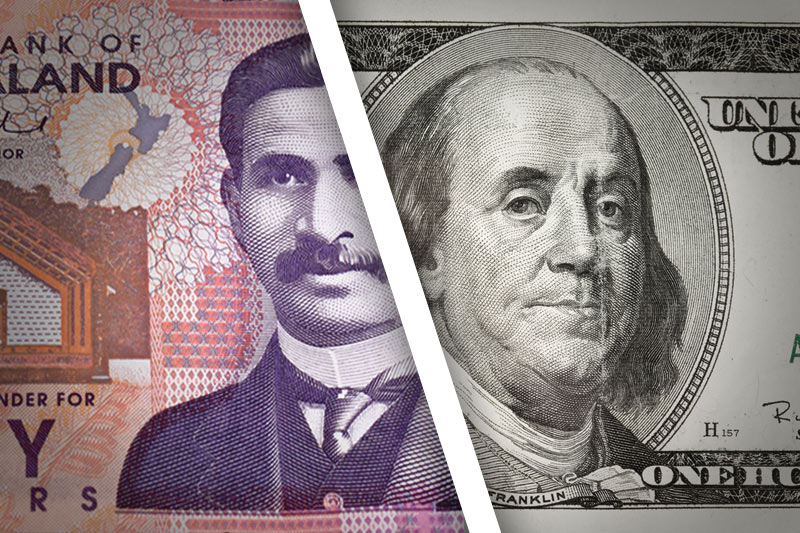Investing.com - The New Zealand dollar is soaring against its U.S. rival during Tuesday’s Asian session following hawkish comments from the Reserve Bank of New Zealand on Monday.
In Asian trading Tuesday, NZD/USD is higher by 0.38% at 0.8495 after earlier trading as high as 0.8496. The pair was likely to find support at 0.8374, Friday's low and has broken through resistance at 0.8448, the high of April 3.
In a speech given Monday, Reserve Bank deputy governor Grant Spencer said if home prices and credit expansion start to have the appearance of fueling a possible consumption bubble and inflationary pressures become evident, a response from the central bank could be in the cards.
Low interest rates have helped New Zealand property values soar 8% in the past year. New Zealand’s benchmark interest rate is 2.5%, low by the country’s standards, but still one of the highest in the developed world.
RBNZ has previously indicated it will leave rates on hold this year with in the anticipation of some adjustment in the first quarter of 2014 when most traders are expecting a rate hike.
The strong kiwi and New Zealand’s high interest rates relative to other developed markets have fueled investor interest in the country’s sovereign debt. Since the global financial crisis, the kiwi has been the second-best performing developed market currency against the U.S. dollar after the Australian dollar.
Elsewhere, NZD/JPY rose 0.29% to 0.8437. The Bank of Japan earlier conducted its first government bond purchasing operation when it bought JPY1.2 trillion in Japanese government debt maturing in five years or more.
EUR/NZD inched up 0.01% to 1.5378 while AUD/NZD fell 0.10% to 1.2297.
In Asian trading Tuesday, NZD/USD is higher by 0.38% at 0.8495 after earlier trading as high as 0.8496. The pair was likely to find support at 0.8374, Friday's low and has broken through resistance at 0.8448, the high of April 3.
In a speech given Monday, Reserve Bank deputy governor Grant Spencer said if home prices and credit expansion start to have the appearance of fueling a possible consumption bubble and inflationary pressures become evident, a response from the central bank could be in the cards.
Low interest rates have helped New Zealand property values soar 8% in the past year. New Zealand’s benchmark interest rate is 2.5%, low by the country’s standards, but still one of the highest in the developed world.
RBNZ has previously indicated it will leave rates on hold this year with in the anticipation of some adjustment in the first quarter of 2014 when most traders are expecting a rate hike.
The strong kiwi and New Zealand’s high interest rates relative to other developed markets have fueled investor interest in the country’s sovereign debt. Since the global financial crisis, the kiwi has been the second-best performing developed market currency against the U.S. dollar after the Australian dollar.
Elsewhere, NZD/JPY rose 0.29% to 0.8437. The Bank of Japan earlier conducted its first government bond purchasing operation when it bought JPY1.2 trillion in Japanese government debt maturing in five years or more.
EUR/NZD inched up 0.01% to 1.5378 while AUD/NZD fell 0.10% to 1.2297.
